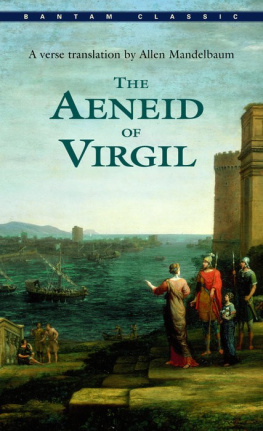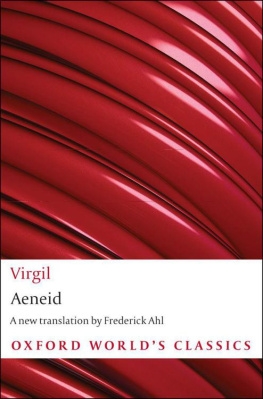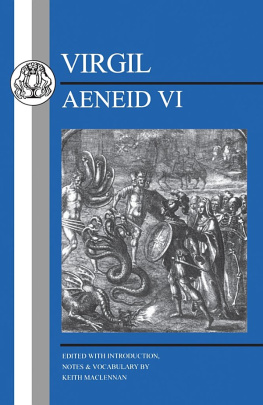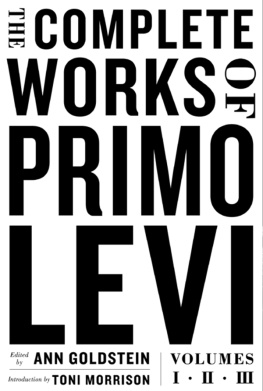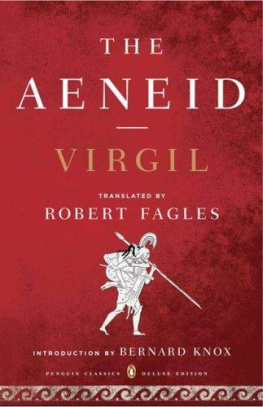Peter Levi, FSA, FRSL, (19312000) was a poet, archaeologist, Jesuit priest, travel writer, scholar, biographer and critic. Professor of Poetry at Oxford from 198489, Levi also worked for The Times, travelled with Bruce Chatwin in Afghanistan and wrote over 60 highly acclaimed biographies and works of travel, including The Light Garden of the Angel King.
Tauris Parke Paperbacks is an imprint of I.B.Tauris. It is dedicated to publishing books in accessible paperback editions for the serious general reader within a wide range of categories, including biography, history, travel and the ancient world. The list includes select, critically acclaimed works of top quality writing by distinguished authors that continue to challenge, to inform and to inspire. These are books that possess those subtle but intrinsic elements that mark them out as something exceptional.
The Colophon of Tauris Parke Paperbacks is a representation of the ancient Egyptian ibis, sacred to the god Thoth, who was himself often depicted in the form of this most elegant of birds. Thoth was credited in antiquity as the scribe of the ancient Egyptian gods and as the inventor of writing and was associated with many aspects of wisdom and learning.

New paperback edition published in 2012 by Tauris Parke Paperbacks
An imprint of I.B.Tauris and Co Ltd
6 Salem Road, London W2 4BU
175 Fifth Avenue, New York NY 10010
www.ibtauris.com
Distributed in the United States and Canada Exclusively by Palgrave Macmillan 175 Fifth Avenue, New York NY 10010
First published in 1997 by Gerald Duckworth & Co. Ltd
Copyright The Estate of Peter Levi 1998
Cover image: Rolling hills of Tuscany misty sunrise Ingmar Wesemann / Getty Images
The right of Peter Levi to be identified as the author of this work has been asserted by the Estate of Peter Levi in accordance with the Copyright, Designs and Patents Act 1988.
All rights reserved. Except for brief quotations in a review, this book, or any part thereof, may not be reproduced, stored in or introduced into a retrieval system, or transmitted, in any form or by any means, electronic, mechanical, photocopying, recording or otherwise, without the prior written permission of the publisher.
ISBN: 978 1 84885 904 3
eISBN: 978-0-85773-106-7
A full CIP record for this book is available from the British Library
A full CIP record is available from the Library of Congress
Library of Congress Catalog Card Number: available
For Deirdre
with my love
Preface
I have been reading Virgil for more than fifty years and for the last thirty of them I preferred early Virgil. But I have never found it easy to make up my mind about him until now. I had much help from standard editions, which have altered beyond recognition since the 1940s, and from the innumerable forest of books about him that continue to appear. Anne Kuttner's Dynasty and Empire in the Age of Augustus, Nicholas Horsfall's Companion to the Study of Virgil, Jasper Griffin's writings about the poet, and Colin Hardie's, have been important to me, and I am grateful to Anthony Hobson for the loan of J. B. Trapp's lecture to the Society for Renaissance Studies (1980), and to Thomas Clarke for the 1965 edition of W. F. Jackson Knight's Roman Virgil. I found Christopher Baswell's Virgil in Medieval England (1995) fascinating and deeply illuminating, and the New Horizons Search for Ancient Rome taught me things I had not known: for example the fact that the goddess Cybele was imported into Rome as a talisman against the Carthaginians before 200 BC in the form of a black, conical, aniconic stone. I learnt of sanctuaries of the nomads and crossroads and chapels like those in the Eclogues only on p. 603 of the Western Greeks, 1996. But readers can discover most references in the new Oxford Classical Dictionary and in Horsfall. All I can add is Bertha Tilley's Antiquity article of September 1945, Vergilian Cities of the Roman Campagna, which was to me a revelation. I have attempted in this book not to repeat things treated in my Horace (1997) or in my Introduction to the Folio Society's Dryden's Aeneid (1993). I have no serious quarrel with the Latin text of Virgil's Works established by Mynors, but the translation of the Georgics by Robert Wells has given me constant inspiration and personal pleasure, although I have not used it in this book.
Introduction
What do we owe to Virgil?
When I was a schoolboy Virgil was the Latin poet, in a sense that even children would question today. He was the embodiment of that vast, ballooning idea of Roman civilisation and its great power and impressive material culture. For better or worse, I have now lost that simple vision. But Virgil's stature as a poet has not in the least diminished for me. His poetry rises high above Rome and its Caesars, and his victory lies in the supreme merit of his work. It begins in the Eclogues, which must be the most astounding first book of poetry ever published. Not even Spenser for all his brilliance ever equalled them (if anyone ever did, in English, then Milton came close, and his friend Andrew Marvell as close or closer). And it was this supreme poet of the Eclogues who went on to write the Georgics, and in the end the Aeneid. What may still be defended today is Virgil's power as a poet and the freshness of his verse. The history of European literature is real and still an urgent subject. You cannot arrive at Ibsen or Pushkin without going back through Byron to the ancient writers and Virgil; and without mastering those writers you will not advance to an understanding of the modern world.
There is a pressing need to restore Virgil's poetry to the true, unglamorised history of his own times and to the poet's private life as far as we can know it, and the process of analysis of Virgil against the background of his own world is among the motives of this book. Horace was the principal subject of his own poetry and took an ironic view of much contemporary history, but Virgil is a shy character, and his irony is subtler. His Aeneid in particular has had a glamorous and to my mind unpredictable success, and a majestic influence related to history and civilisation and all those mighty themes. Every success of that kind is almost bound to be based on a misunderstanding.
The trouble is that Virgil is to us still a classic and the Aeneid has been the classic of European poetry, as T.S. Eliot kept pointing out. We are (or we used to be) so soaked in a tradition that stems from Virgil that we can easily find in him all the qualities of a classic, because it is precisely from him that we learnt them. In the same way we were taught that Virgil was a natural Christian: and we modified our idea of him and of Christianity to believe that was true.
It is the word classic that needs to be re-examined, as Frank Kermode argued in The Classic (1975). As he said there, in the very idea of the classic the central statement is terribly entangled with imperialism, with the Roman Empire and its ghost the Catholic Church, sitting crowned upon the tomb thereof, in Rome. Eliot's idea of a mystical core of Europe fed by Virgil was fully stated in What is a Classic? (1944) and more vehemently in Virgil and the Christian World (1951); it was the time of the foundation of the London Virgil Society with Eliot as the first President. Yet Gareth Reeves Haecker died in the last year of the war (he was twice imprisoned), he is not now much read.


